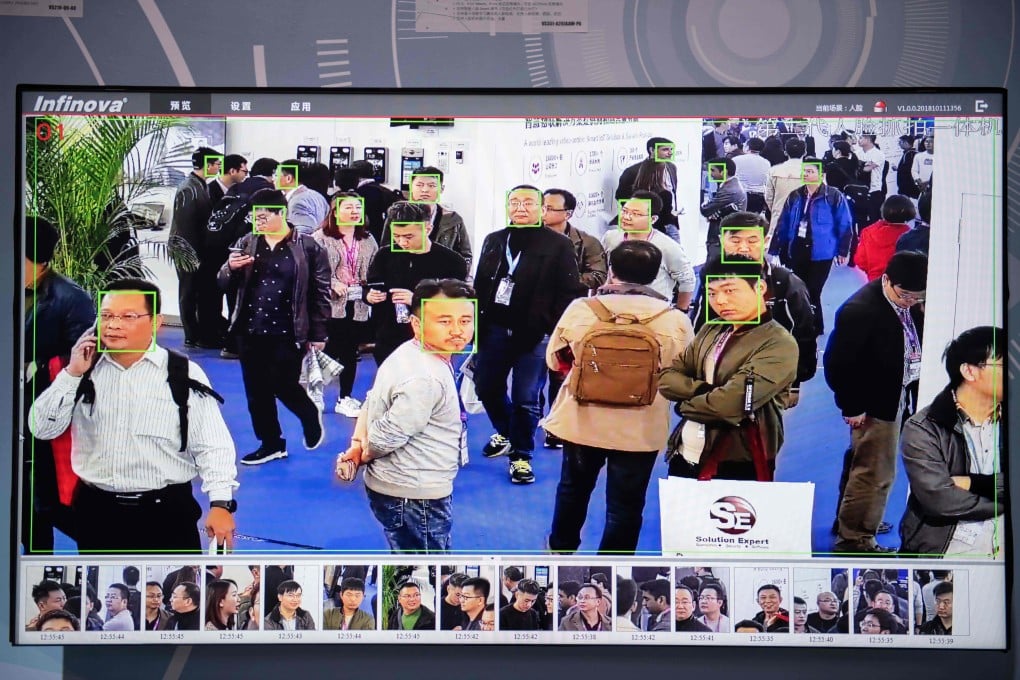Advertisement
China’s first facial-recognition lawsuit comes to an end with new ruling and new questions about the fate of individuals’ data
- State media said that people can now ‘bravely say no to facial recognition’
- The court did not examine whether the Hangzhou Safari Park could continue to refuse customers entry if they do not provide facial data
Reading Time:3 minutes
Why you can trust SCMP
0

A court in Hangzhou made its final judgment in China’s first-ever lawsuit over the use of facial recognition after both parties filed for appeal, upholding its original judgment and ordering additional data to be deleted.
In late 2019, Hangzhou Safari Park replaced its fingerprint-based admission system with one that uses facial recognition, telling customers that they would be refused entry if they did not use the new system.
Guo Bing, an associate professor of law at the Zhejiang Sci-Tech University, concerned it might be used to “steal” his identity, asked for a refund. When the zoo refused, Guo sued for breach of contract.
“The purpose of the lawsuit is not to get compensation but to fight the abuse of facial recognition,” he told the Southern Metropolis Daily at the time.

In November last year, the Hangzhou Fuyang People’s Court awarded Guo with compensation of 1,038 yuan (US$158) and ordered the zoo to delete his facial data. The court, however, refused to recognise Hangzhou Safari Park’s behaviour as fraud nor did it order the zoo to refund Guo’s annual pass, prompting both to appeal.
Advertisement
